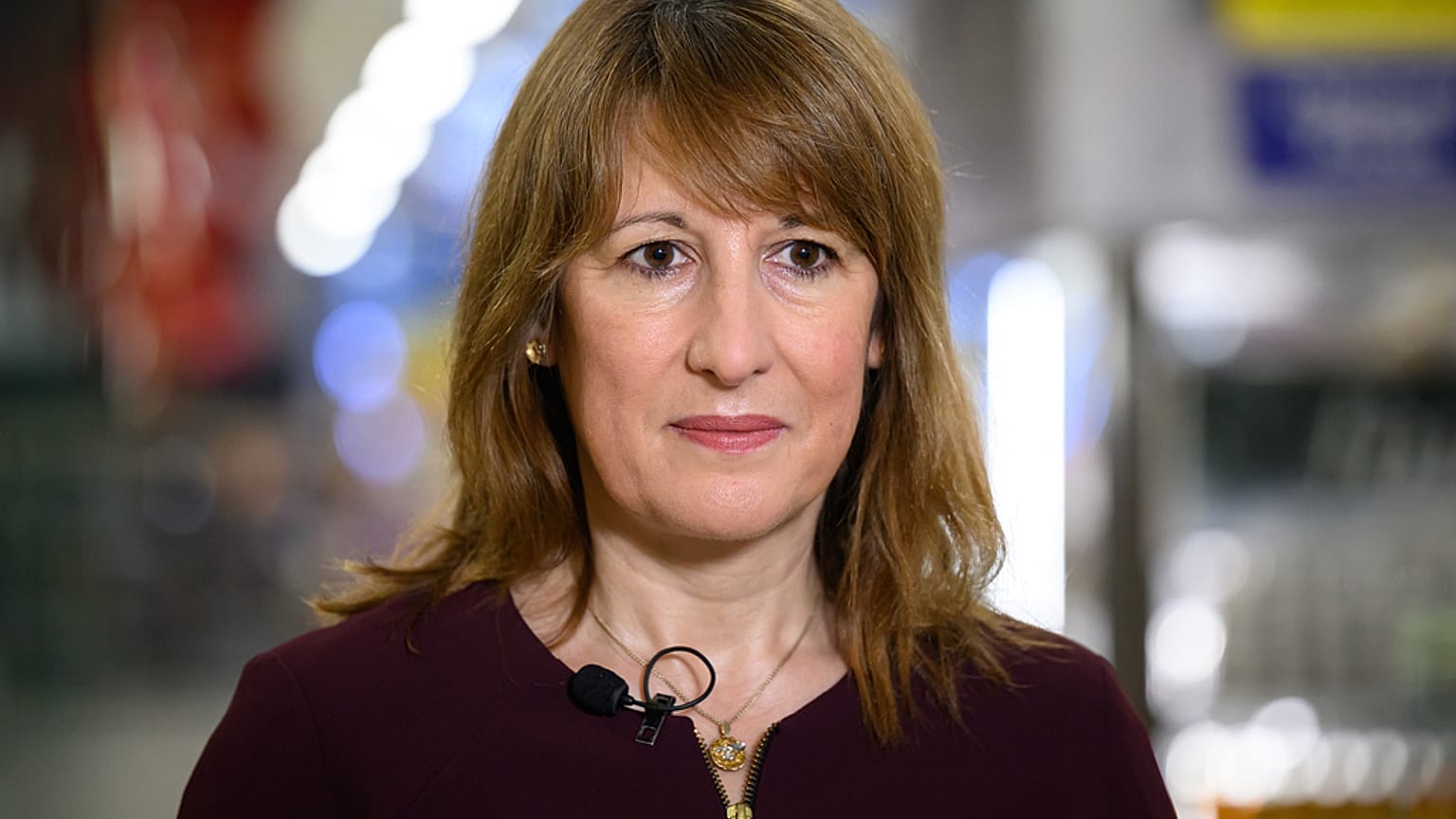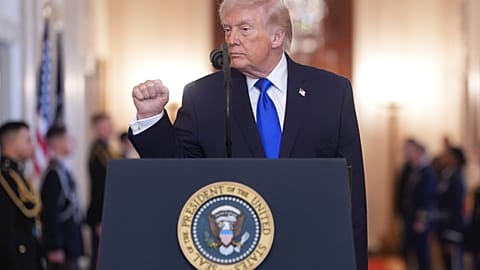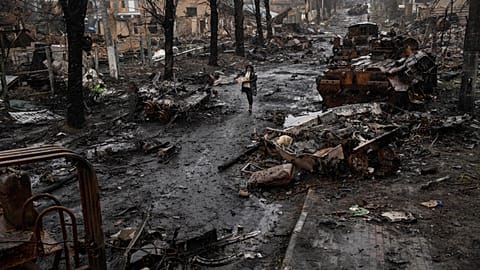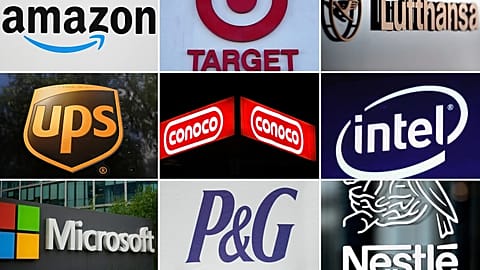UK Chancellor Rachel Reeves faces the challenge of raising an estimated £20-30bn, with both her and the government’s credibility on the line.
British Chancellor of the Exchequer Rachel Reeves is set to present her second Budget on Wednesday, in which she must find billions in extra revenue as the country faces weak growth and high borrowing costs. Amid faltering poll ratings, the Chancellor must walk a tightrope to support economic output while keeping the electorate on side.
 ADVERTISEMENT
ADVERTISEMENT
 ADVERTISEMENT
ADVERTISEMENT
Analysts warn that any misstep could trigger higher borrowing costs, hit taxpayers, or damage Labour’s political prospects, making this one of the most consequential Budgets in recent memory.
An estimated £20-30 billion (€22.7bn-€34bn) is needed to provide ‘headroom’ for unexpected costs, according to the Office for Budget Responsibility. Earlier in November, Labour hinted at a rare income tax rise, but later scaled back the plan to a series of smaller tax increases. The first could have cost them voters, the latter may not be enough to please the markets.
“The pressure is on to dig into the scrabble bag and come up with enough high-scoring tax measures that she can cover the increasing costs of benefits, wages, and persistently high debt interest,” said Danni Hewson, head of financial analysis at AJ Bell.
“For the chancellor and the prime minister, it feels like make or break time. For taxpayers, there is little doubt that this is going to hurt – the only question is how much?” said Tom Selby, director of public policy at AJ Bell.
Political pledges vs. economic essentials
The Labour government has repeatedly ruled out increases to income tax, National Insurance, or VAT, while promising to raise living standards for working people.
Key Labour priorities include lowering the cost of living, reducing NHS waiting lists, and cutting the national debt.
At the same time, the Chancellor must adhere to her “iron-clad” fiscal rules as the Budget will test market confidence in the UK government’s approach. Bond investors would welcome painful but effective measures that deliver short-term hardship for long-term growth.
Reeves is widely expected to raise taxes to fill a multibillion-pound shortfall in public finances amid anaemic economic growth and persistently high borrowing costs.
“If the bond market decides Reeves is failing to take an iron grip on the public finances, there is the real risk of a sell-off, which would send the cost of mortgages and government debt skyrocketing,” said Tom Selby, director of public policy at AJ Bell.
It is a high-stakes moment for the government, which is languishing in opinion polls barely a year and a half after coming to power, with Prime Minister Keir Starmer’s ratings deep in negative territory.
Income tax
Plans for a general rise in income tax have been dropped. The focus is now on smaller changes and freezing tax thresholds, which could push millions into higher rates. “The damage this policy has already wreaked is plain to see, with over 8.3 million people now paying higher or additional rate tax,” said Rachel Vahey, head of public policy at AJ Bell. She added that extending this stealth tax “will bring more working people and pensioners into paying higher rates of tax”.
Wealth and property taxes
A wealth tax on those with assets above £10 million (€11.3mn) has been suggested. Higher capital gains taxes and a mansion tax on high-value properties are also under discussion, but experts warn these could discourage investment and be politically controversial. According to analysis from Capital Economics, taxes on property “would be a headwind for housing activity and prices”, and “tax on landlords may further tighten the supply of rental properties relative to demand and support rents”.
National Insurance and pensions
Raising NI across the board is unlikely, according to analysts at AJ Bell. But reforms to pension salary sacrifice — a tax-efficient scheme to put more into one’s pension without taking a hit on take-home pay — could reduce this benefit to raise £2bn (€2.3bn). However, this would leave workers with smaller retirement pots. “Someone aged 35 earning £50,000 (€56,766) a year could face a hole in their pension of £22,060 (€25,045) by age 65 under these plans,” said Charlene Young, AJ Bell.
Investments and savings
The Chancellor is reportedly preparing to cut the annual tax-free cash ISA allowance from £20,000 to £12,000 (€22,753 to €13,650)in an effort to channel more household savings into UK investments, according to Bloomberg. Analysts also expect measures such as stamp duty relief on newly issued UK shares, changes to dividend taxation, and possible adjustments to inheritance tax. Some experts warn that certain reforms could confuse investors or even discourage participation in the stock market.
Economic backdrop
Prime Minister Keir Starmer has said economic growth is central to the government’s mission. Yet GDP growth is sluggish (0.1% in July-September), unemployment has risen to 5%, and inflation remains above target.
“The next challenge will be to ensure that the upcoming budget supports rather than hinders growth,” said James Smith, research director at the Resolution Foundation.
As higher taxes could weigh on growth and inflation, weaker performance may push the Bank of England to cut interest rates from the current 4%.
Despite the UK's fiscal troubles, investors believe the economy is likely to grind on. According to Quilter, real GDP growth is predicted to be 1.2% in the UK for both 2025 and 2026, while inflation is expected to fall but stay above target.
Investors predict that UK interest rates will fall in the range of 3% to 3.5% by the end of next year. One rate cut could arrive this December, with two to three more expected in 2026.
As the government is facing a cocktail of economic difficulties, “the upcoming Budget is a crucial test for this government and one where we will find out if they really mean that economic growth is the priority," Lindsay James, investment strategist at Quilter, said. She added that "any additional or punitive costs placed on businesses risk stalling investment and expansion at a time where both are desperately needed.”

















